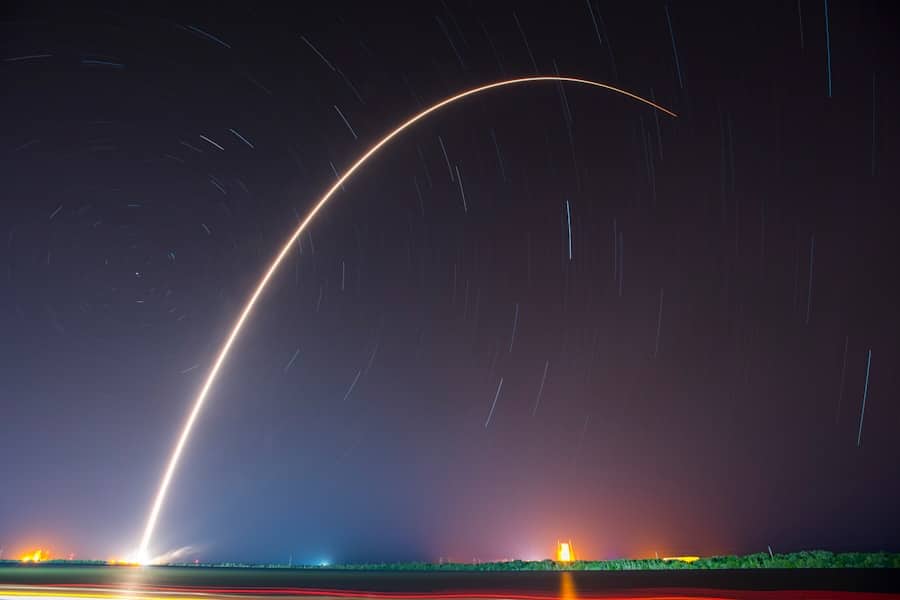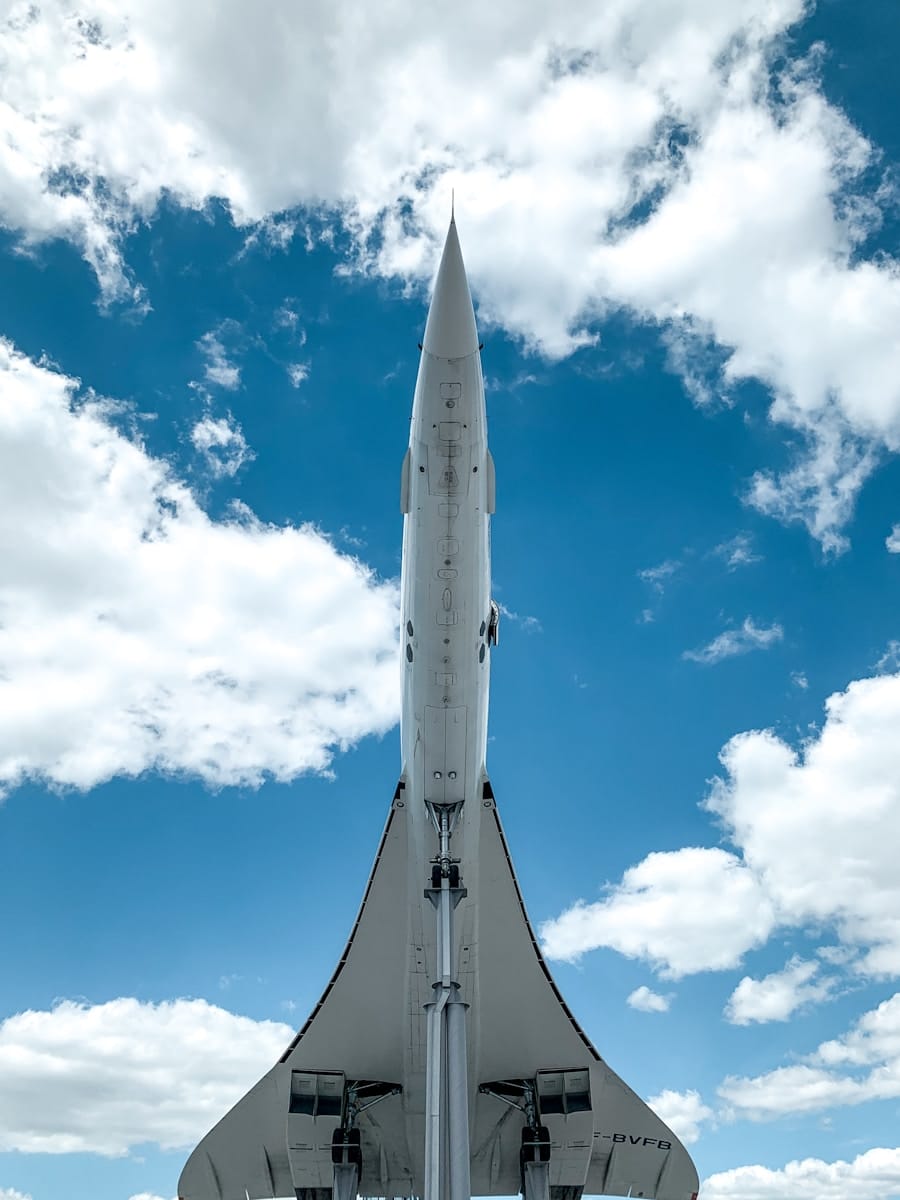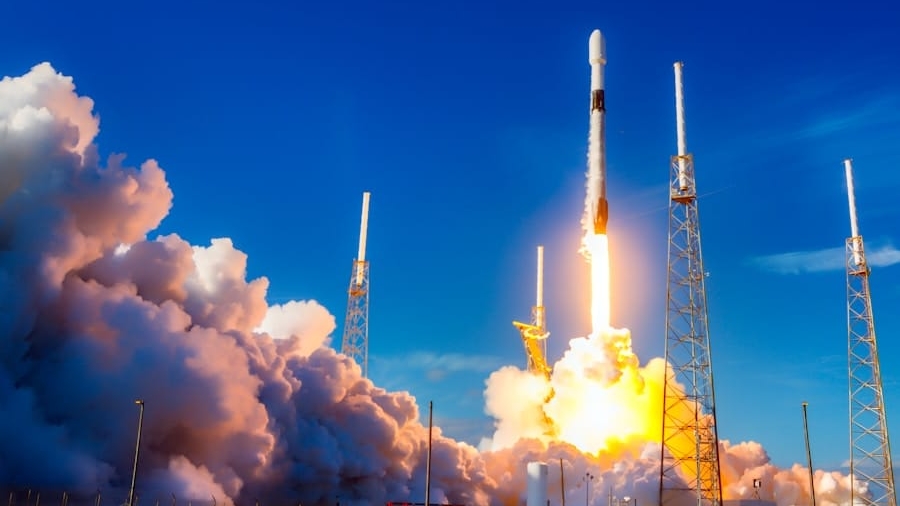Rocket fuel efficiency is a critical aspect of aerospace engineering that directly influences the success of space missions. The efficiency of rocket fuel determines how much payload can be delivered to orbit, the distance a spacecraft can travel, and the overall cost of space exploration. As humanity pushes the boundaries of space travel, from sending astronauts to Mars to deploying satellites for global communication, the need for more efficient rocket fuels has never been more pressing.
The quest for improved fuel efficiency not only enhances mission capabilities but also plays a significant role in reducing operational costs and environmental impacts associated with rocket launches. The efficiency of rocket fuel is typically measured in terms of specific impulse (Isp), which quantifies the thrust produced per unit of propellant consumed over time. Higher specific impulse values indicate more efficient fuel, allowing rockets to achieve greater velocities with less fuel.
Traditional rocket fuels, such as liquid hydrogen and kerosene, have been the backbone of space propulsion systems for decades. However, as the demand for more ambitious missions grows, researchers and engineers are exploring innovative alternatives and methodologies to enhance fuel efficiency. This is where artificial intelligence (AI) emerges as a transformative force, offering unprecedented capabilities in analyzing, predicting, and optimizing rocket fuel performance.
Key Takeaways
- Rocket fuel efficiency is crucial for reducing costs and environmental impact in space exploration.
- Current challenges in rocket fuel efficiency include the need for more precise analysis and prediction of fuel performance.
- AI plays a key role in analyzing and predicting rocket fuel efficiency by processing large amounts of data and identifying patterns.
- AI can optimize rocket fuel composition and combustion by identifying the most efficient combinations and processes.
- AI’s contribution to reducing environmental impact of rocket launches includes minimizing fuel waste and emissions.
The Current Challenges in Rocket Fuel Efficiency
Despite significant advancements in rocket technology, several challenges persist in achieving optimal fuel efficiency. One of the primary hurdles is the inherent limitations of existing propellant types. Conventional fuels often have a trade-off between energy density and stability, leading to compromises in performance.
For instance, while liquid hydrogen offers high specific impulse, it requires complex cryogenic storage systems that add weight and complexity to launch vehicles. Conversely, more stable fuels like kerosene may not provide the same level of efficiency, necessitating a careful balance between performance and practicality. Another challenge lies in the dynamic nature of rocket launches.
The conditions during ascent can vary significantly due to atmospheric pressure, temperature fluctuations, and varying gravitational forces. These factors can affect combustion efficiency and thrust generation, making it difficult to predict performance accurately. Additionally, the design of rocket engines must account for these variables while ensuring reliability and safety.
As a result, there is a pressing need for innovative solutions that can streamline this process and enhance the overall efficiency of rocket fuel usage.
The Role of AI in Analyzing and Predicting Rocket Fuel Efficiency

Artificial intelligence has emerged as a powerful tool in various fields, and its application in aerospace engineering is proving to be revolutionary. AI algorithms can analyze vast datasets generated from previous launches, simulations, and laboratory tests to identify patterns and correlations that human analysts might overlook. By leveraging machine learning techniques, AI can predict how different fuel compositions will perform under varying conditions, enabling engineers to make informed decisions about fuel selection and engine design.
One notable application of AI in this context is the use of predictive modeling to simulate combustion processes. By training AI models on historical data from rocket launches, researchers can develop algorithms that accurately forecast the performance of different fuel mixtures. This capability allows for rapid iteration in the design phase, where engineers can test multiple scenarios without the need for extensive physical testing.
For example, AI can help determine the optimal ratios of oxidizers and fuels to maximize thrust while minimizing waste products, leading to more efficient combustion processes.
How AI Can Optimize Rocket Fuel Composition and Combustion
The optimization of rocket fuel composition is a complex task that involves balancing various chemical properties to achieve desired performance metrics. AI can significantly enhance this process by employing advanced optimization algorithms that explore a wide range of potential fuel combinations. These algorithms can evaluate factors such as energy density, combustion stability, and environmental impact simultaneously, providing engineers with a comprehensive understanding of how different compositions will perform.
Moreover, AI-driven simulations can model combustion dynamics in real-time, allowing engineers to visualize how changes in fuel composition affect combustion efficiency. For instance, by adjusting the proportions of additives or alternative fuels within a mixture, AI can help identify formulations that yield higher specific impulse or lower emissions. This iterative process not only accelerates the development of new fuels but also enables the fine-tuning of existing formulations to enhance their performance under specific mission profiles.
AI’s Contribution to Reducing Environmental Impact of Rocket Launches
As space exploration expands, so does the scrutiny on its environmental impact. Traditional rocket fuels often produce significant greenhouse gas emissions and other pollutants during combustion. AI plays a crucial role in addressing these concerns by facilitating the development of greener propulsion technologies.
By optimizing fuel compositions for lower emissions or exploring alternative fuels derived from sustainable sources, AI can help mitigate the environmental footprint of rocket launches. For example, researchers are investigating biofuels and synthetic fuels as potential alternatives to conventional propellants. AI can assist in evaluating these options by analyzing their combustion characteristics and environmental effects compared to traditional fuels.
By integrating AI into mission planning processes, space agencies can develop strategies that prioritize sustainability without compromising mission objectives.
Case Studies of AI-Enabled Rocket Fuel Efficiency

Optimizing Performance with Machine Learning
NASA is a prime example of an organization harnessing the power of AI to enhance rocket fuel efficiency. By utilizing machine learning algorithms to analyze data from previous launches and simulations, NASA engineers have been able to refine fuel compositions and engine parameters. This has led to improved overall efficiency while ensuring safety and reliability.
Data-Driven Approach to Rocket Design
SpaceX is another organization that has made significant strides in rocket fuel optimization. The company employs advanced data analytics and machine learning techniques to analyze performance data from its Falcon 9 launches in real-time. This allows SpaceX engineers to make rapid adjustments to fuel mixtures and engine configurations based on actual performance metrics, leading to improved efficiency with each subsequent launch.
Practical Applications and Future Potential
These case studies demonstrate how AI is not just a theoretical concept but a practical tool that is already making significant contributions to rocket fuel efficiency. As more organizations adopt AI-driven methodologies, the potential for breakthroughs in this field continues to grow, paving the way for even more innovative solutions in the future.
The Future of AI in Enhancing Rocket Fuel Efficiency
Looking ahead, the future of AI in enhancing rocket fuel efficiency appears promising. As computational power continues to increase and machine learning algorithms become more sophisticated, we can expect even greater advancements in this domain. One potential area of growth is the integration of AI with other emerging technologies such as quantum computing, which could revolutionize optimization processes by enabling simulations that were previously infeasible due to computational constraints.
Furthermore, as international collaboration in space exploration expands, sharing data across organizations could lead to collective advancements in fuel efficiency research. AI could facilitate this collaboration by providing standardized frameworks for data analysis and sharing insights across different missions and agencies. This collaborative approach could accelerate innovation and lead to breakthroughs that benefit the entire aerospace community.
Additionally, as public interest in space exploration grows, there will be increased pressure on space agencies and private companies to prioritize sustainability in their operations. AI’s ability to optimize fuel efficiency while minimizing environmental impact will be crucial in meeting these expectations. The development of new propulsion technologies that leverage AI insights could pave the way for cleaner and more efficient space travel.
The Potential of AI in Revolutionizing Rocket Fuel Efficiency
The integration of artificial intelligence into the realm of rocket fuel efficiency represents a paradigm shift in aerospace engineering. By harnessing the power of data analysis and predictive modeling, AI is enabling engineers to optimize fuel compositions, enhance combustion processes, and reduce environmental impacts associated with rocket launches. As challenges persist in achieving optimal fuel efficiency, AI stands out as a transformative solution that promises to revolutionize how we approach rocket propulsion.
The ongoing case studies demonstrate that AI is not merely a theoretical concept but an active participant in shaping the future of space exploration. With continued advancements in technology and an increasing focus on sustainability, the potential for AI to drive innovations in rocket fuel efficiency is vast. As we look toward an era of ambitious space missions and interplanetary exploration, embracing AI’s capabilities will be essential for achieving our goals while safeguarding our planet’s future.
The article “The Role of AI in Enabling Smarter, More Sustainable Rocket Fuel Efficiency” discusses how artificial intelligence is revolutionizing the space industry by optimizing rocket fuel efficiency. For further insights into the world of technology, check out this article from The Next Web.
FAQs
What is the role of AI in enabling smarter rocket fuel efficiency?
AI plays a crucial role in enabling smarter rocket fuel efficiency by analyzing vast amounts of data to optimize fuel consumption, predict maintenance needs, and improve overall performance.
How does AI contribute to sustainability in rocket fuel efficiency?
AI contributes to sustainability in rocket fuel efficiency by helping to reduce fuel consumption, minimize emissions, and extend the lifespan of rocket components through predictive maintenance and performance optimization.
What are the benefits of using AI in rocket fuel efficiency?
The benefits of using AI in rocket fuel efficiency include cost savings, reduced environmental impact, improved safety, and enhanced overall performance of rocket systems.
How does AI technology optimize rocket fuel consumption?
AI technology optimizes rocket fuel consumption by analyzing various factors such as payload weight, atmospheric conditions, and trajectory to calculate the most efficient fuel usage for a given mission.
What are some examples of AI applications in rocket fuel efficiency?
Some examples of AI applications in rocket fuel efficiency include predictive maintenance algorithms, real-time performance monitoring, and autonomous control systems that adjust fuel usage based on dynamic mission parameters.

